Tan Jialong is a graduate of the Electrical Engineering and Automation program at University of South China, Batch 2016. In the year right after graduation, he, who held 8 invention patents, was sought after by many major companies along the coast. Some even offered an annual salary of 250,000 yuan plus a series of attractive conditions such as settlement subsidies. However, he ultimately chose to return to Hunan to start a business with his patents, with only 8,000 yuan as startup capital that year. Nine years later, the annual revenue of Hunan Kulis Technology Co., Ltd., which Tan founded in Hengyang, soared to 50 million yuan. Under the "double protection of entrepreneurial policies and the alma mater," this "post-90s" entrepreneur has turned the story of "alumni returning to Hunan" into a thrilling "Hunan version of Unitree Robotics" counterattack tale!
The robotic dog "kicks" onto the Xiangchao (Hunan Super League) football field, with technology empowering daily scenarios
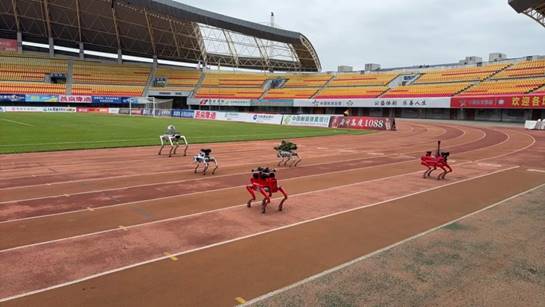
"Look! The robot dog is here to kick off the ball!" At the sixth round match of the "Hunan Super League", when Tan Jialong's team's intelligent robot dog, amidst cheers, precisely carried the match ball onto the green pitch, the eyes of the entire audience were instantly drawn to this "special guest". It walked steadily, reacted agilely, and even "waved" to the audience after completing the kick-off, triggering bursts of applause.
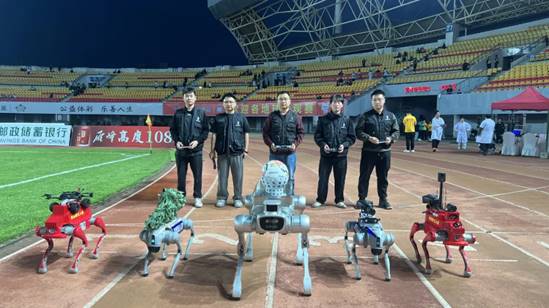
"This robot dog isn't just good at 'playing football'." Tan Jialong introduced with a smile. Beyond the competition field, it has already become a "jack-of-all-trades", active in multiple fields such as public security patrols, fire rescue investigations, and forestry inspections. "Whether it's forest fire prevention monitoring in remote mountainous areas or emergency rescue sites in cities, it can provide key data support for staff with its flexible mobility and high-definition detection equipment."
From 80 square meters to an annual revenue of 50 million yuan in 9 years, the "breakthrough" on the entrepreneurial journey
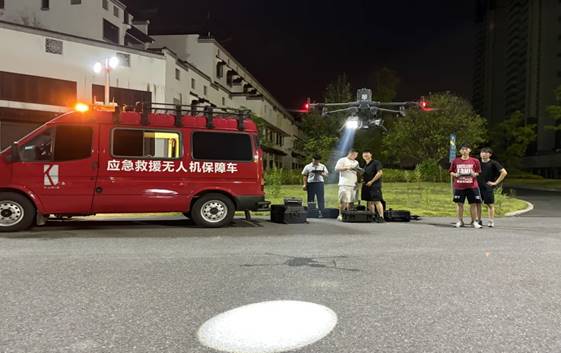
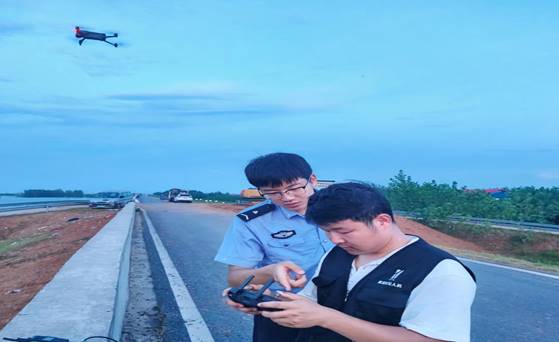
Back in the summer of 2016, "In Hengyang back then, not to mention the drone industry, there were very few people who had even heard of 'low-altitude economy'," Tan Jialong recalled. In the early days of his startup, he rented an 80-square-meter office in the Science and Technology Innovation Valley of Hengyang High-tech Zone, which served as both a R&D space and a meeting room. With no mature industrial chain, he led his team to seek component suppliers everywhere; short of funds, he invested all his remaining 8,000 yuan savings; when R&D hit a bottleneck, he and his team often stayed up all night in the office, conducting repeated experiments based on the drawings.
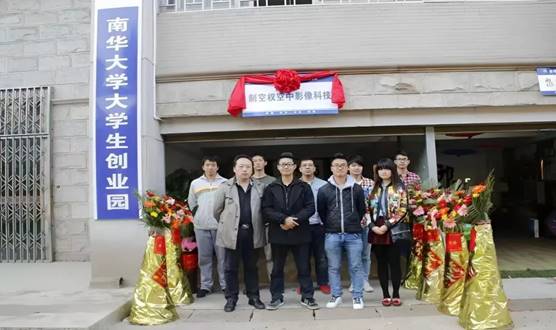
"For tech companies like ours, the initial stage of entrepreneurship is all about R&D, and it's also the most difficult part for us." Recalling the early days of the business, Tan Jialong summed it up as "every step was tough, and every day was a trial."
When Tan Jialong was at his most difficult time, his alma mater, University of South China, extended a helping hand to him. The university not only included his team in the innovation and entrepreneurship incubation base, providing free office space and support funds of several hundred thousand yuan, but also formed a "brain trust" consisting of professors from the School of Electrical Engineering and corporate management experts, regularly coming to provide technical guidance and entrepreneurship consulting. Nowadays, there are nearly 10 students from University of South China in the R&D team of Kulis Company, and they continue the bond of "school-enterprise cooperation".
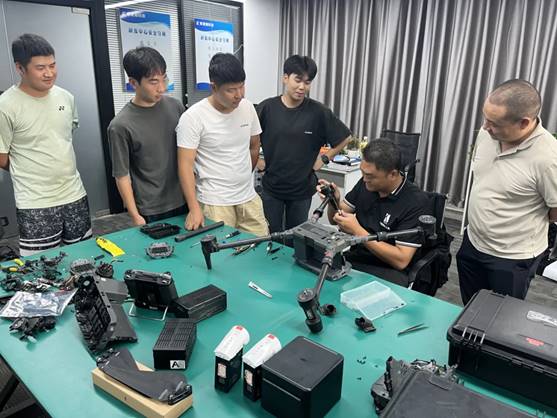
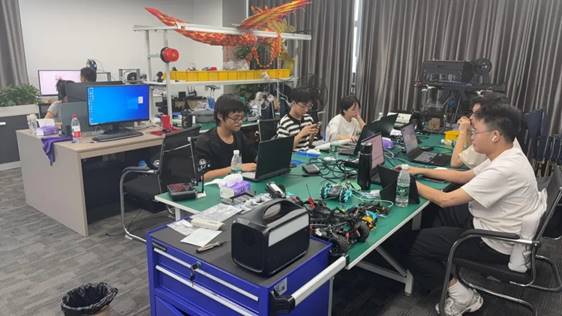
"More than nearly 100 teachers and students have provided us with help, covering electrical, mechanical, structural, and software fields. The alma mater has also provided us with many teachers to execute communication. " Tan Jialong told the reporter that due to the all-round support from the alma mater, it not only provided a good guarantee for the company's product research and development, but more importantly, gave him and his team the confidence to continue their entrepreneurship.
The "east wind" of policies helps realize the low-altitude dream, from "entrepreneur" to "leader"
"If my alma mater is the 'protector' on my entrepreneurial journey, then Hunan's 'Alumni Return to Hunan' policy is the 'accelerator'," Tan Jialong sighed. From the 20,000-yuan one-time startup subsidy for college students to the youth entrepreneurship support funds from the Communist Youth League, and then to the funding support from competitions like "Chuangqingchun" and "Maker China", every policy was like a "timely rain" that helped his enterprise get through the difficulties.
In 2025, leveraging Hunan Province's "Advanced Manufacturing Double - Multiplication Plan", when Tan Jialong leased a 3,000 - square - meter factory in the USC Science and Technology Park of the High - tech Zone in Hengyang City, he also enjoyed preferential policies such as a 50% reduction in rent for the first year and subsidies for water and electricity costs, which significantly reduced the cost of production line construction. Nowadays, Kulis Company's annual revenue has exceeded 50 million yuan. The medical logistics drones it has developed have solved the "last - mile" problem of medical supplies transportation in remote areas, and the high - rise fire - fighting and rescue drones have built an "air defense line" for urban safety. The product line has been expanded from a single drone to multiple fields such as unmanned vehicles, robot dogs, and AI algorithm platforms.
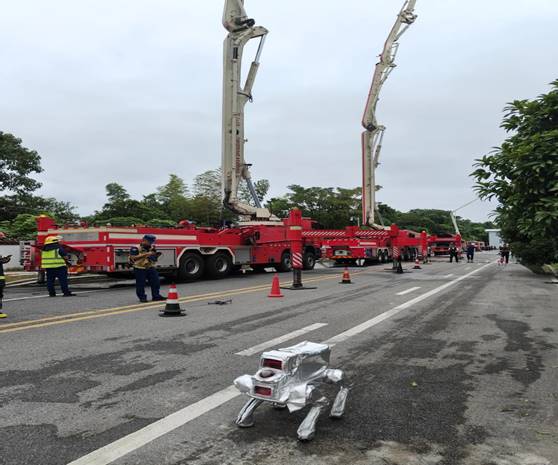
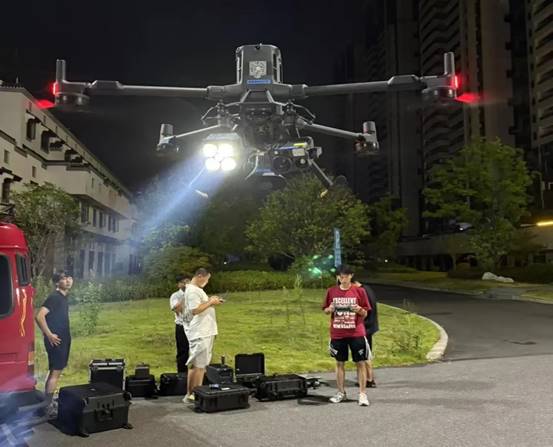
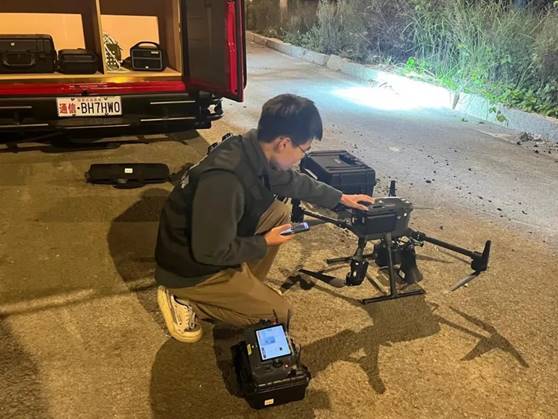
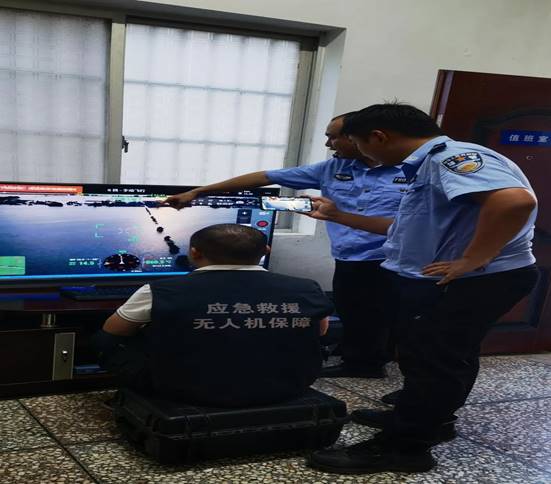
"Our product line has evolved from a single aerial photography service to one that can now participate in emergency rescue, public security investigation, and detection of toxic and harmful gases, with increasingly comprehensive functions. We strive to build a 'Hunan version of Unitree Technology' within three years." When talking about the company's current development status and future plans, this "post-90s" young man's face is filled with full confidence.
Invite alumni back with dreams as steeds, jointly plot Hunan's entrepreneurial blueprint
From a college student returning home with dreams to a "leader" promoting the development of Hengyang's low-altitude economy, Tan Jialong's 9-year entrepreneurial journey is a vivid epitome of the effectiveness of the "Alumni Returning to Hunan" policy. Nowadays, he has not only won honors such as "Hengyang City's Outstanding Innovator in Scientific and Technological Research" and "Hunan Province's Young Entrepreneur of the Year", but also hopes to use his experience to attract more Hunan alumni who are abroad to return to their hometowns and create a future.
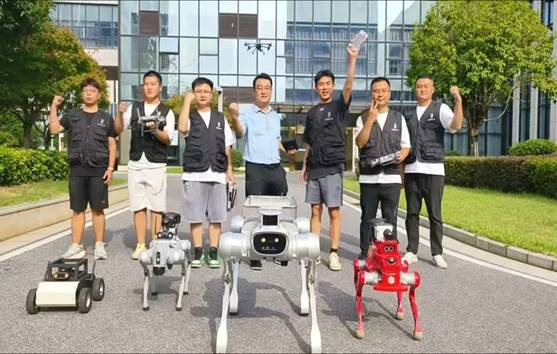
"Hunan has good policies, good opportunities, and above all, a hotbed that needs us to build together." Standing in front of the company's new production line, Tan Jialong's gaze was firm. "I want to tell every Hunanese alumnus studying or working abroad: come back! Let's enjoy the policy benefits of 'alumni returning to Hunan' together, create a better entrepreneurial environment, and in the future, drive more young college students to engage in innovation and entrepreneurship, so that more 'Hunan-made intelligent products' can fly across the country and the world!"